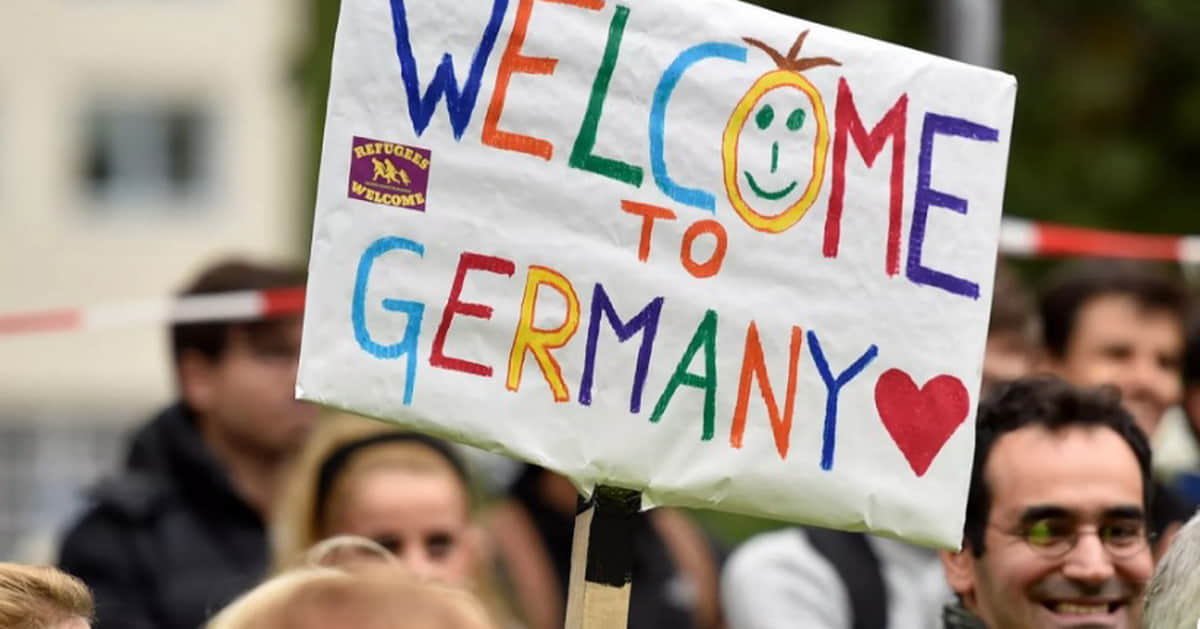How Germany tightens migrant controls and whether it will affect Ukrainians

It's been nine years since German Chancellor Angela Merkel opened the borders during the major migration crisis, allowing over a million refugees from the Middle East and Africa to enter the country. Little remains of that welcoming attitude today though. Border controls have been implemented with all neighbouring countries and internal migrant checks have intensified.
These changes follow the September elections in three eastern German states, Thuringia, Saxony and Brandenburg, where hardline anti-migration rhetoric boosted the popularity of radical parties. Read more to understand the fundamental changes in Germany's migration policy and whether they will impact Ukrainians living in the country in the article by Khrystyna Bondarieva, a European Pravda journalist - Foreigners no longer welcome: How Berlin is changing its migration policy and will Ukrainians be affected? Advertisement:
According to surveys, a majority of Germans believe the country needs to reform its asylum policies. Why has there been such a sharp surge in anti-migration sentiment? This year, Germany recorded around 3.48 million refugees (more than ever before since the 1950s).
Several high-profile attacks with fatal outcomes have further fueled anti-migrant sentiments. Chancellor Olaf Scholz, recognising that an aging population requires immigration to sustain the economy, long resisted pressure from far-right and conservative forces. However, after a terrorist attack in Solingen (a Syrian refugee killed three people), Scholz signaled that his coalition is planning to shift migration policy.
One of the first shifts was the deportation of 28 Afghan criminals in late August. The most significant change came on 16 September with the introduction of border checks, which shocked neighbouring countries and prompted accusations that Germany is undermining the Schengen zone. Friedrich Merz, leader of Merkel's former party and the likely future chancellor, has made the fight against illegal migration a cornerstone of his campaign. His conservative Christian Democratic Union (CDU) aims to regain control over migration, calling for a radical overhaul of asylum rules.
One of the central elements of their programme is the demand to turn migrants away at the borders and maintain border checks until the EU's external borders are securely controled, a move that would essentially kill the Schengen zone at Germany's borders. Are these conservative intentions a risk for Ukrainian citizens, who make up a third of all refugees in Germany? Broadly, no, as Ukrainians are in the country under temporary protection, not asylum.
Current discussions don't address this status. Moreover, Ukrainians have not been involved in any serious crimes. But it is complicated.
Many Ukrainians have become a financial burden on the budget, sparking debates about cutting social benefits. Merz plans to abolish unemployment benefits (Burgergeld), which Ukrainian refugees currently receive, and replace them with a new system with stricter conditions. Merz argues that Ukrainians should better integrate into the labour market if they plan to stay in the country long-term.
If you notice an error, select the required text and press Ctrl + Enter to report it to the editors.